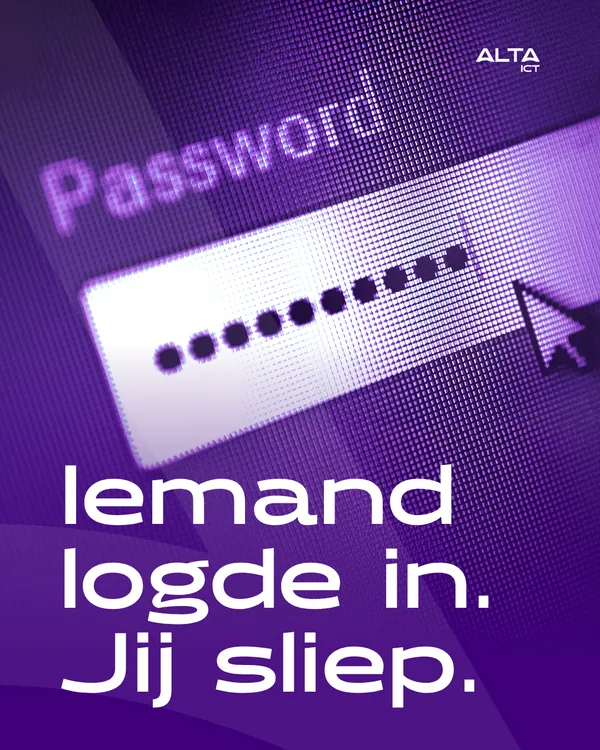
Knowledge base
January 23, 2025
Azure Files vs. SMB share: Which is the best choice?
The choice between Azure Files¹ and a traditional server with an SMB share² is a hot topic in IT. With the increasing adoption of cloud technology, it’s important to understand when to choose which solution. In this blog, we dive into the key points of this discussion and what it means for your organization.
🌟 What is Azure Files?
Azure Files is a fully managed cloud solution that allows you to easily share files via SMB or NFS protocol. It offers the benefits of scalability, security and seamless integration with other Azure services. Key Benefits:
- ✅ Managed service: No more worries about hardware management or patches.
- ✅ Scalability: Automatically adapts to your needs.
- ✅ Access anywhere: Ideal for hybrid and remote environments.
🖥️ What is a traditional SMB share?
For years, an SMB share on an on-premises server has provided a reliable way to share files within a network. Although proven technology, it comes with some challenges. Key benefits:
- ✅ Full control over hardware and configurations.
- ✅ Lower latency in local use.
- ✅ Suitable for organizations with limited cloud adoption.
But note:
- ❌ Management overhead: You are responsible for maintenance and updates yourself.
- ❌ Limited scalability without additional investment.
🤝 Important considerations in choosing
When choosing between Azure Files and a traditional SMB share, it is crucial to identify your organization’s needs. Some key factors:
- Cost 💸
- Azure Files: You pay for what you use, but long-term use can be more expensive.
- SMB share: Initially more expensive, but potentially cheaper in the long run for local data.
- Management and maintenance 🔧
- Azure Files takes all the management out of your hands.
- A traditional server requires more technical expertise and time.
- Hybrid work 🌍
- Azure Files is ideal for businesses that support remote working.
- Local SMB shares are less flexible for remote access.
- Safety 🔒
- Azure offers built-in security, encryption and compliance.
- With on-premises servers, you have to provide your own security protocols.
🏆 When do you choose which solution?
Azure Files is the best choice if:
- You adopt a cloud-first strategy.
- You need easy scalability and remote access.
- You want to save time and resources on server management.
A traditional SMB share fits better if:
- You want complete control over your infrastructure.
- Your organization is not yet ready for cloud migration.
- The latency of local storage is critical.
🚀 Conclusion: the future is hybrid
In many cases, a hybrid approach is the smartest choice. Combine the flexibility of Azure Files with the speed of a local SMB share. By leveraging both worlds, you’ll get the most out of your IT infrastructure. Need help implementing a hybrid solution? Get in touch with us! We are ready to advise you. 😊
References
¹https://learn.microsoft.com/azure/storage/files/storage-files-introduction
²https://learn.microsoft.com/windows-server/storage/file-server/file-server-smb-overview
About the author
My name is Alta Martes, a specialist in Microsoft 365 and Google Workspace, with a focus on modern workplace management, cloud security and identity & access management. With years of experience, I help organizations optimize their IT infrastructure and create a secure, efficient digital workplace. 🎯 Need help with your Microsoft 365 strategy?
Click below and find out how we can support your organization:
Want to know more?

Related
blogs
Tech Updates: Microsoft 365, Azure, Cybersecurity & AI – Wekelijks in je Mailbox.



